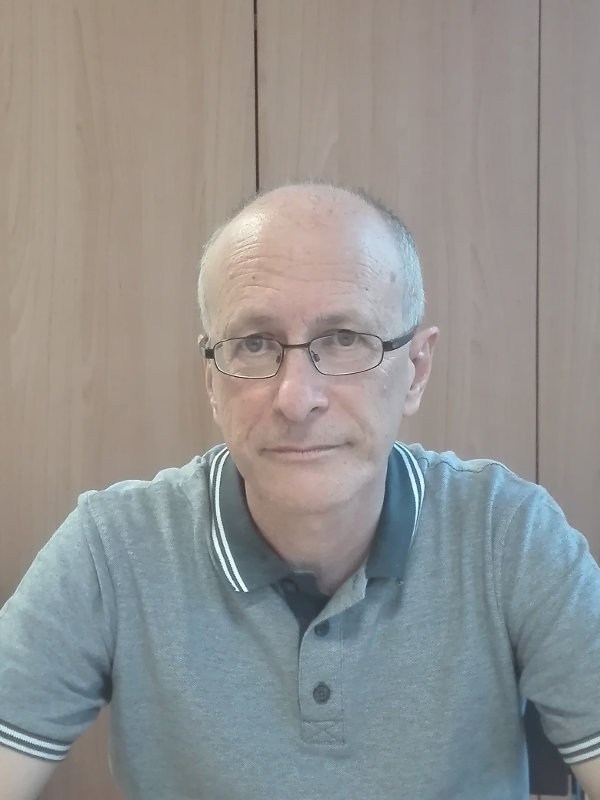Format and submission
Springer LNCS

The language of the conference is English, and its proceedings will be published by
Springer-Verlag in Lecture Notes in Computer Science.
Papers presenting original research on application or theory of Petri nets, as well
as contributions addressing topics relevant to the general field of distributed and
concurrent systems are sought. All accepted papers will be considered for an "Outstanding
Paper" award. Authors of selected papers presented at the conference will be invited
to submit an extended version that will be further reviewed for inclusion into a special
issue of Fundamenta Informaticae.
Two kinds of papers can be submitted:
- Regular papers (max. 20 pages) describing original results pertaining
to the development of the theory of Petri nets and distributed and concurrent systems in
general, new results extending the applicability of Petri nets, or case studies, application
and experience reports pertinent to the practical use of Petri nets and concurrency.
- Tool papers (max. 10 pages) describing a computer tool based on Petri
nets (not an application of the tool or the theory behind the tool). The tool should
be available for use by other groups (but not necessarily for free). The submission
should indicate how the reviewers can get access to the tool (this must be for free).
The tool will be demonstrated in the Tool Exhibition, in addition to being presented
in a conference talk.
Papers must be written in English using the Springer LNCS format
and submitted electronically (as a PDF file) by the deadline indicated at the top
of this Call for Papers using EasyChair.
We strongly encourage authors to add line numbers to their submitted paper (for example using the LaTeX lineno package).
Also, you may want to use the LaTeX package cleveref taking care automatically of all your references (to sections, theorems…), as well as the hyperref package that produces hypertext links in your PDF document.
Authors should consult Springer’s authors’ guidelines
and use their proceedings templates, either for
LaTeX or
for
Word,
for the preparation of their papers. Springer encourages authors to
include their ORCIDs in their papers.









